
Participants who survived Hodgkin lymphoma as children showed signs of being biologically older than their peers, with a heightened risk of cognitive problems.

Participants who survived Hodgkin lymphoma as children showed signs of being biologically older than their peers, with a heightened risk of cognitive problems.

The phase 2 GO29781 study showed that 80% of patients who had received at least 2 prior therapies achieved durable response rates with mosunetuzumab-axgb treatment.

The FDA's approval includes the group indication for all current and future EGFR TKIs, including erlotinib, osimertinib, and gefitinib.

HOPA DEI Committee chair Kamakshi Rao, PharmD, BCOP, FASHP, noted that on the DEI journey ahead, the oncology pharmacist should be front and center as part of the treatment team.

Calcitriol may offer protection from the harmful effects of the chemical in drinking water, analysis shows.

The protein is vitally important and could be a prognostic indicator and potential therapeutic target.

Significant advancements have changed the treatment landscape and clinical practice procedures.

From newsworthy moments to groundbreaking research, these are the most popular articles in the cholangiocarcinoma space, published on Pharmacy Times® during 2022.

An anti-cancer vaccine that is now in clinical trials shows promise as a preventative agent. However, experts are unsure when it will be widely available.

Recommendations for the management of bile duct cancer benefit authorities, patients, and physicians, but investigators say more research is needed.

The FDA granted Priority Review to both applications and set a Prescription Drug User Fee Act goal date for each application of April 21, 2023.

Targeted therapies have greatly improved patient outcomes over the past 20 years.

Trends in treatment development involve more targeted, safe, and efficacious therapies.

Lack of access to novel therapies, especially within the cancer space, initiated the road to patient navigation.

The additional indication expands its therapeutic role beyond advanced non-small cell lung cancer.

Specific immune checkpoint inhibitors added to frontline chemotherapy have transformed modern clinical practice.

Identifying how survivors adjust to their cancer may help health care providers provide tailored self-management skills.
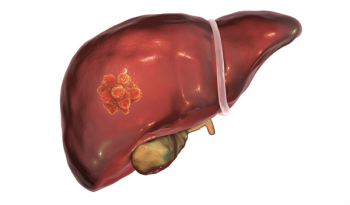
The median progression-free survival and overall survival were 7.4 and 14.7 months, respectively, in chemotherapy-naïve patients with advanced or recurrent biliary tract cancer.

Clinical oncology pharmacist Amy Indorf, PharmD, BCOP, discusses her presentation on the role of PARP inhibitors for ovarian cancer.

Merck and Moderna’s adjuvant melanoma treatment shows reduced risk of recurrence or death by 44% compared with pembrolizumab alone.

E7777 is an engineered interleukin-2-diphtheria toxin fusion protein that is a purified and more bioactive formulation of Ontak, which the agency previously approved.
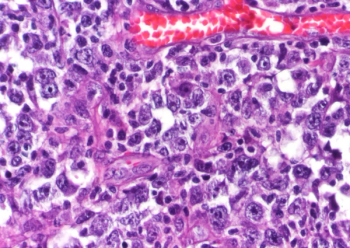
Ponatinib could be the first targeted treatment approved in the United States for Philadelphia chromosome-positive acute lymphoblastic leukemia.

Following the positive phase 3 results, GSK anticipates regulatory submissions in the first half of 2023.

Despite a limited understanding about access to oral anticancer drugs, new research finds challenges in patient and clinician decision-making.

Expert discusses the patient-reported outcomes from the GRIFFIN trial at the final study analysis after all patients completed 1 year of follow-up post maintenance therapy.
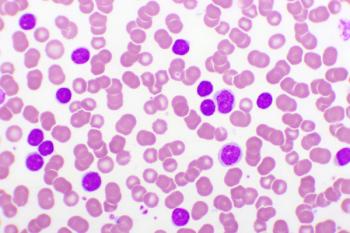
Expert discusses updated cohort of patients with longer-term follow up treated in the phase 2 clinical trial of venetoclax added to cladribine plus low-dose araC alternating with azacytidine.

Expert discusses the updated data for a trial cohort after a median follow-up of 27 months.

Adagrasib (Krazati; Mirati Therapeutics, Inc) approved for adults with KRAS-G12C-mutated locally advanced or metastatic non-small cell lung cancer as determined by an FDA-approved test.
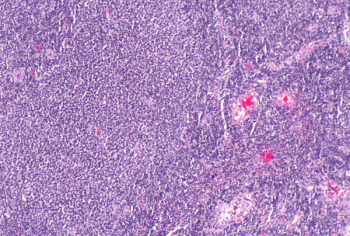
The FDA clinical reviewer responsible for the approval of this combination therapy discusses the data that led to the approval in May 2022.
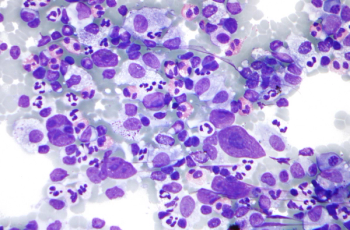
Phase 1 clinical trial data show the drug to be active with evidence of clinically meaningful responses and a manageable safety profile.